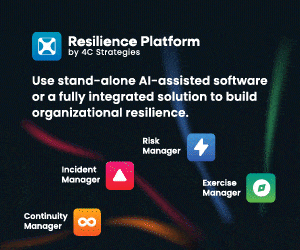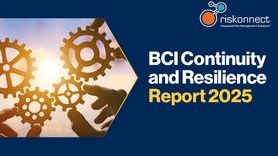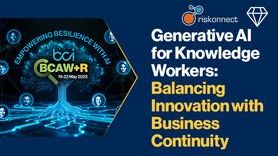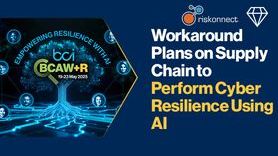US Announce New Measures to Tackle the Ongoing Supply Chain Crisis
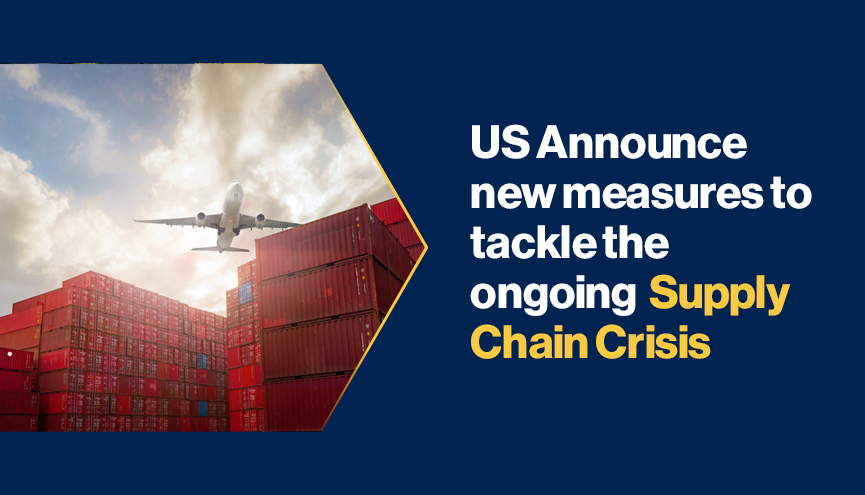
The post-pandemic sudden acceleration in demand combined with a shortage of labour and a sharp rise in operational costs, has caused major disruptions to supply chains across the world. The US has been one of the countries worse affected by the crisis, suffering from a ripple effect throughout its economy and damaging retailers and manufacturers across the country.
Currently, there is great fear that this ongoing crisis will continue and with Christmas just starting, businesses are warning that their supply chains will not be able to keep up with the ever-increasing demand for goods.
In an attempt to contain the crisis and solve some of the ‘bottlenecks’ causing disruptions to supply chains, President Biden has announced yesterday a new set of measures to aid the current state of events. These measures – which have been agreed with private companies and unions - will include:
- Expanding the port of Los Angeles to 24/7 operation. This means that cargo will have double the time to move out of its docks and onto highways.
- Private businesses will operate on a 24/7 basis, extending staff shifts and expanding operation hours, so that they will be able to move cargo off the docks and ships can come to the shore quicker. The companies that will implement this new system include, Walmart, UPS, FedEx, Samsung, The Home Depot, and Target.
- In Southern California, the government found support from the International Longshore and Warehouse Union, which agreed to add extra shifts and move toward a 24/7 work schedule.
In his statement, Biden explained that “Across these six companies over 3,500 additional containers per week will move at night through the end of the year.” These measures are a short term ‘fix’ that will help to clear-out some supply chain bottlenecks as well as a clear sign that the US government is addressing the problem of supply chains and making it a priority; but according to experts they are not a long-term solution to deep rooted problems within supply chains.
Ports’ bottlenecks are only one aspect of the crisis. Indeed, there are also other major problems that will need to be addressed, for example, the high scarcity of lorry drivers - who ultimately play the key role of distributing the goods – which is causing other means of transportation (e.g., trains) to run at full capacity. The distribution and delivery of good is a major problem now, which is causing problems for warehouses, which are struggling to contain their stocks. Steve Denton, CEO at Ware2Go, explained that there is a skyrocketing inventory level across the country, which will need to be cleared out sooner rather than later.
The current crisis has brought to light how ‘delicate’ supply chains are, and how one and all actors within are interlinked and dependent on each other. It has also showed how one bottleneck can have a domino effect on the entire supply chain and generate major disruptions…
On this note, BC & Risk Management Consultant, Federica Maria Rita Livelli, commented that a holistic approach is needed to create more resilient supply chains. This approach would allow:
- A more detailed mapping of the Supply Chain and logistics;
- organizations to access strategic information to build solid programs for quality, compliance, sustainability and corporate social responsibility of the supplier;
- and anticipating, thus, the vulnerabilities of Supply Chain and Logistics.
From the other side of the pond, Haslam Chair of Logistics at the University of Tennessee’s Master of Science in Supply Chain Management, Thomas Goldsby, supports this idea and says “[…] it would be ideal to see a more holistic solution rather than addressing a specific bottleneck. The passage of the infrastructure bill would provide a foundation needed to support modern business and benefit every American."


